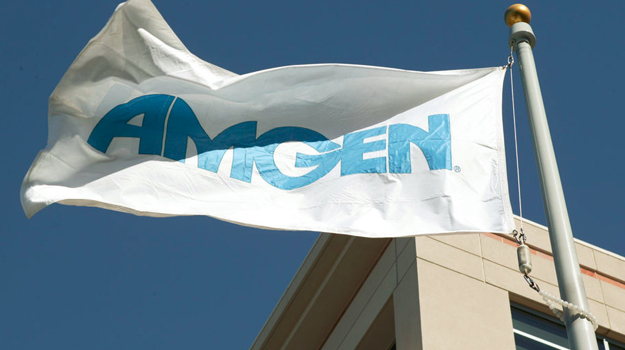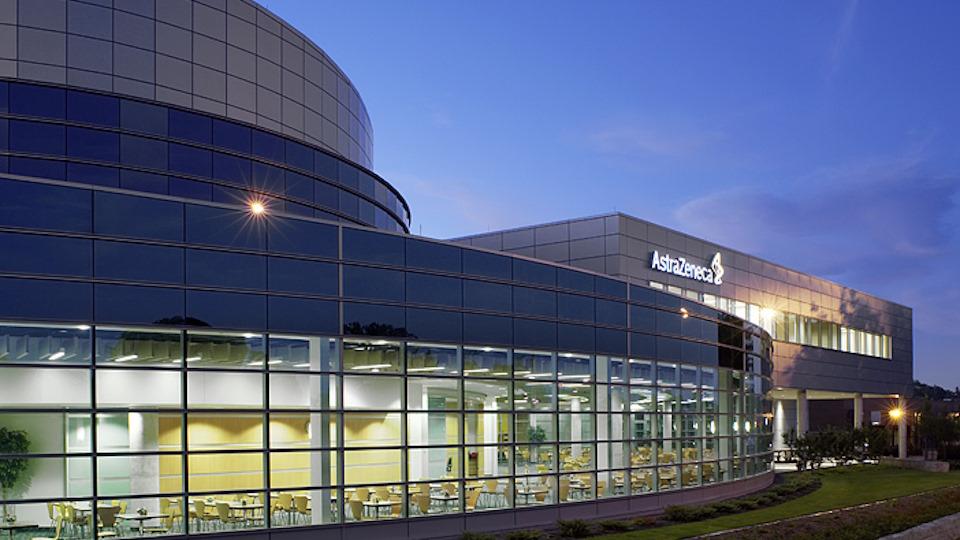Amgen's Soliris biosimilar clears phase 3, but won't launch until 2025

Amgen has reported positive phase 3 results with its biosimilar version of AstraZeneca/Alexion's blockbuster rare disease drug Soliris, setting up a regulatory filing with the FDA.
The biotech has confirmed it will not launch the biosimilar until March 2025 however, honouring the terms of its 2020 agreement with Alexion that resolved litigation over the validity of patents covering Soliris (eculizumab) in the US.
The phase 3 trial was carried out in patients with paroxysmal nocturnal hemoglobinuria (PNH), one if the indications on Soliris' label, and showed that there was no difference between the biosimilar – called ABP 959 – and Soliris on key measures of disease activity.
Specifically, ABP 959 was as effective as Soliris at controlling intravascular haemolysis, one of the hallmarks of PNH, based on its effects on lactate dehydrogenase (LDH) levels. The safety and immunogenicity profile of the biosimilar was also comparable to Alexion's drug, said Amgen.
The results with ABP 959 "demonstrate similar efficacy, safety and immunogenicity as the reference product, further highlighting Amgen's commitment to providing patients with access to high-quality, biologic therapies," said David Reese, Amgen's R&D head.
"We look forward to working with regulators to make this potential biosimilar option available to patients."
Complement C5 inhibitor Soliris is the flagship product in AZ's $39 billion acquisition of Alexion, which closed last year, making $2 billion in sales in the first half of this year, although it is in the final years of its patent-protected life.
Alexion already has a newer product to defend the franchise in Ultomiris (ravulizumab), a longer-acting C5 inhibitor that requires dosing every eight weeks while Soliris is given every two weeks.
That convenience is helping to drive a rapid uptake, with sales rising 28% to $853 million in the first half, in part from switching of patients to the newer drug from Soliris.
AZ anticipating more to come as Ultomiris is approved for additional indications on Soliris' label like generalised myasthenia gravis (gMG) and neuromyelitis optica spectrum disorder (NMOSD).
Samsung Bioepis is also developing a biosimilar version of Soliris called SB12, and reported results from its phase 3 trial earlier this year.













